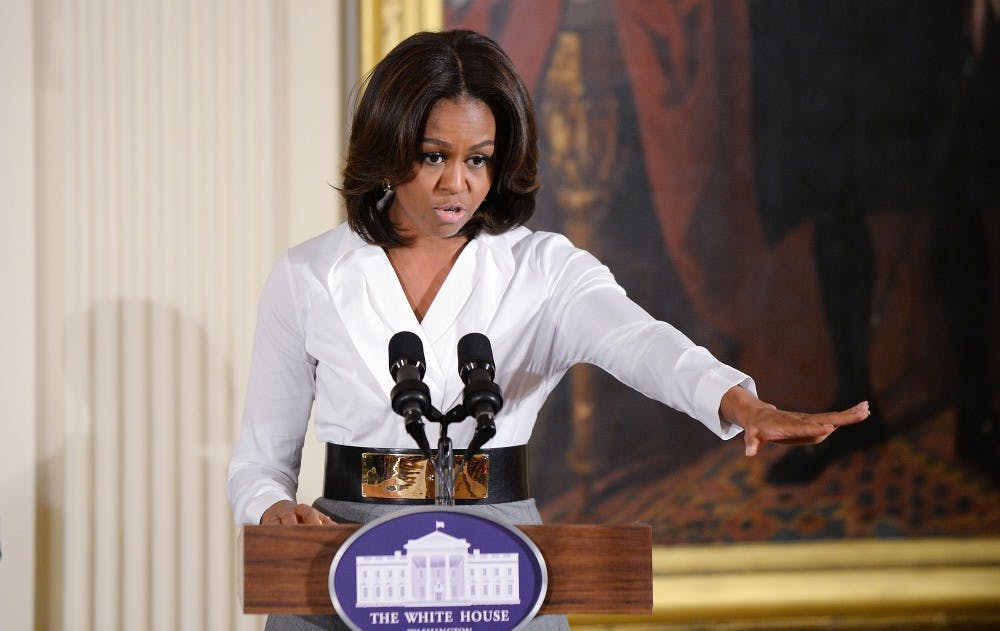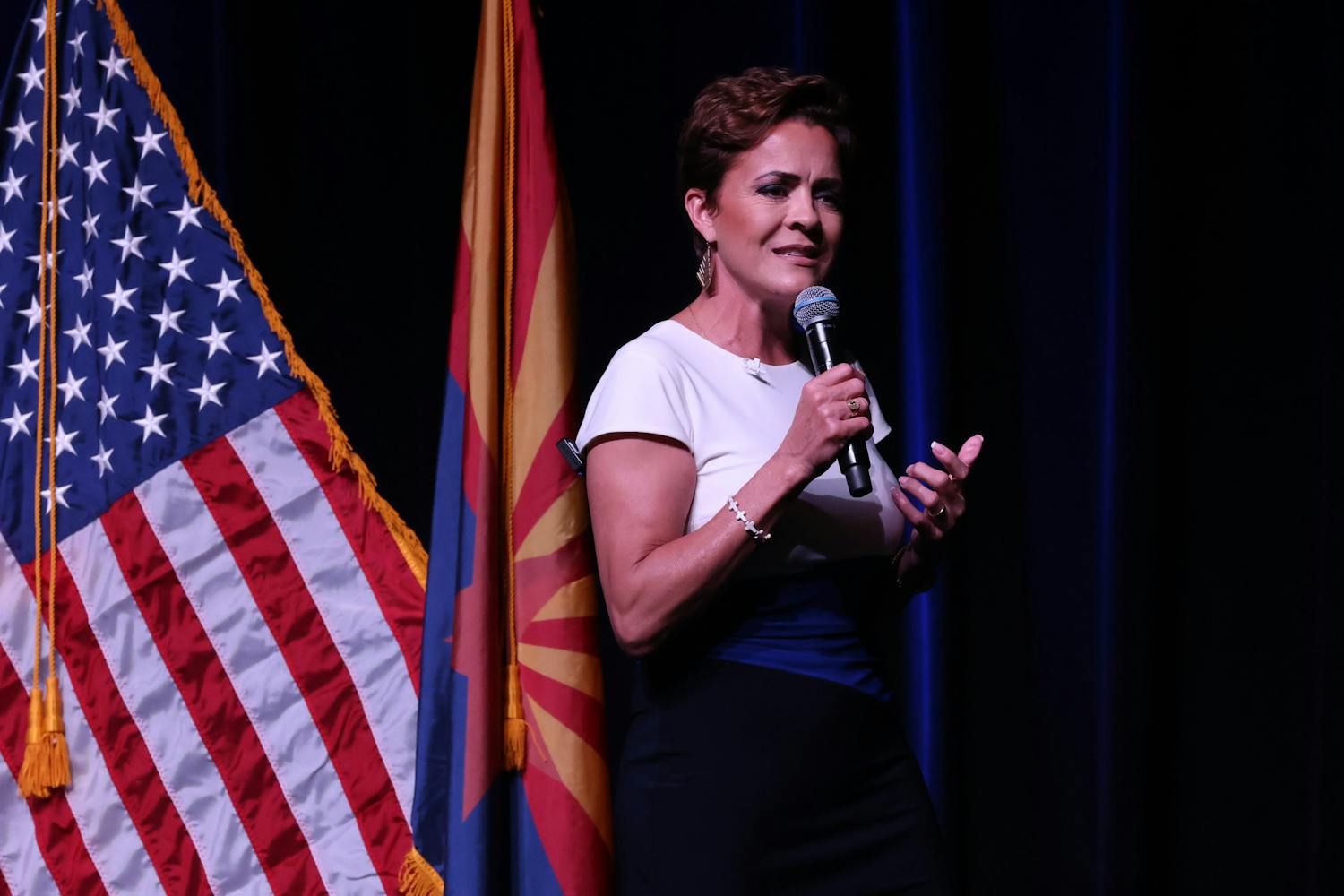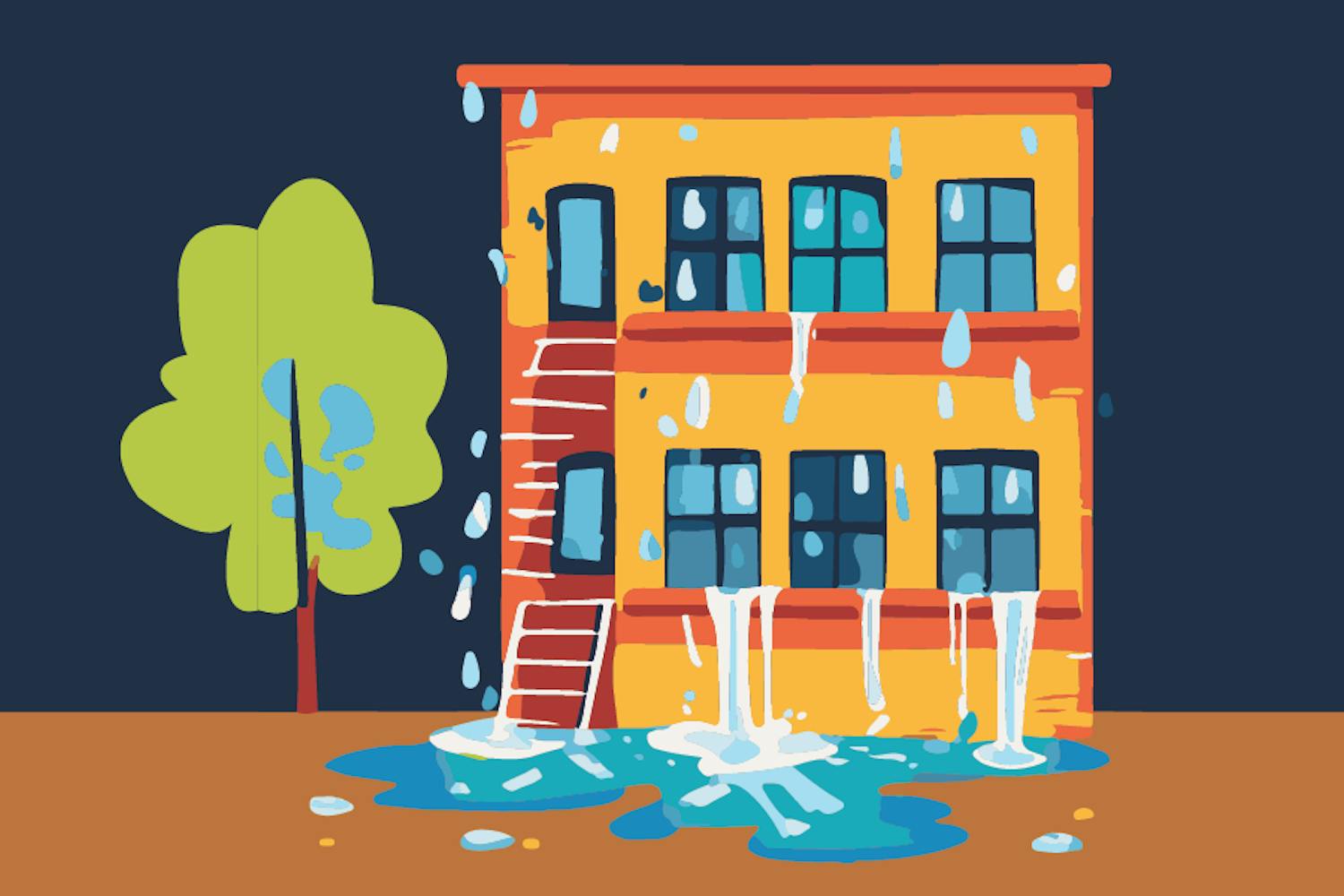If you had to make a list of the three things you stand for, what would be on it? Maybe it’s family — relationships with your loved ones are crucial. Perhaps it’s something more abstract, like equality — no sexist jokes will be told on your watch. Or, honesty — you seriously just wish that Pinocchio could get himself together.
Defending personal values is crucial to a meaningful life and can be a powerful tool to stop injustice.
The older I’ve gotten, the more comfortable I have gotten with being a tattletale, a narc, a “goody two shoes.” Over the years, I’ve watched peers ace quizzes they've cheated on while I settled for a B or C because I just couldn’t peek at my neighbor’s answers. The concept of dining and dashing truly makes my stomach clench. Don’t even suggest going to two movies after only paying for one.
These things matter to me. I am sure that my inability to stray from my ideals might make me the annoying one in my friend group at times, but I’m okay with that. I’d rather be stubborn than spineless.
If you don’t have values you're willing to stand up for, you have nothing. Nothing to stand for means submitting to what others stand for, which may not always be a good thing. A famous case of the bystander effect is the 1964 murder of Kitty Genovese. The woman was stabbed to death outside her New York apartment while onlookers observed and did nothing to help.
The popular ABC show "What Would You Do?" stages situations to see what it will take for people to speak out against acts such as racial profiling, shoplifting and partner abuse. It can be disturbing to see how many people will do nothing in the face of a sticky or dangerous situation, but uplifting when someone intervenes and stands up for what they believe in, often with personal stories on why these things matter to them. (Caution: The show might make you shed a tear sometimes.)
Nobody is perfect. On occasion I’ve grinned painfully through sexist jokes instead of telling the person to knock it off. I’ve listened to friends gossip without telling them to stop; I have even joined in. Sometimes I even jaywalk with abandon.
Plus, the issue at hand isn’t always about something as minuscule as a piece of gossip or a check at a restaurant.
Jasmine Lester is the founding director of Sun Devils Against Sexual Assault, an organization devoted to combatting college sexual assault. Lester said that even though it can be nerve-wracking to talk publicly about these issues, it is worth it to challenge yourself and get out of your comfort zone to stand up for justice.
“I’ve learned a lot about standing up for myself in interpersonal relationships and also bigger situations, too,” she said. “I think that it definitely benefits somebody to put themselves out there.”
It is especially crucial for people in positions of privilege to stand up for certain values because they may be able to use their influence to stop injustice, Lester said.
“If you don’t stand up for something, it’s gonna keep going on,” Lester said.
However, it is important to decide if you are comfortable speaking out in a certain situation. It is often extremely difficult to speak out and live up to one's values. This can be exacerbated by certain conditions, such as being outnumbered or if standing up for something could put you in danger.
“I think that there’s a lot of focus on bystander intervention that pressures people to insert themselves into dangerous situations,” Lester said.
It’s On Us is an organization that stresses bystander invention as a way to stop sexual assault.
This PSA from the organization depicts a young man watching a sticky situation unfold: A male peer seems to be trying to overtake a young woman at a party. The camera zooms in on the bystander as he stands up, presumably to go intervene.
Obviously, the responsibility to end sexual assault lies with the would-be rapist, not solely the bystander. (If you don’t know this by now, please go write “Rape is the rapist’s fault” 50 times on a chalkboard). But maybe if more of us addressed our friends’ problematic behavior with a simple “Hey, that’s not cool” (or a more forceful intervention if necessary), we could stop a lot before it starts.
But you can’t do this if you don’t have values. Having a personal code of ethics helps you figure out what to stand up for and when to speak out.
Be that friend with a reputation for honesty, for justice, for adventure, for compassion.
If you need help getting started, ask yourself: If everyone acted the way I did, what would the world be like?
Reach the columnist at lallnatt@asu.edu or follow @LibbyAllnattASU on Twitter.
Like The State Press on Facebook and follow @statepress on Twitter.
Editor’s note: The opinions presented in this column are the author’s and do not imply any endorsement from The State Press or its editors.
Want to join the conversation? Send an email to opiniondesk.statepress@gmail.com. Keep letters under 300 words and be sure to include your university affiliation. Anonymity will not be granted.




